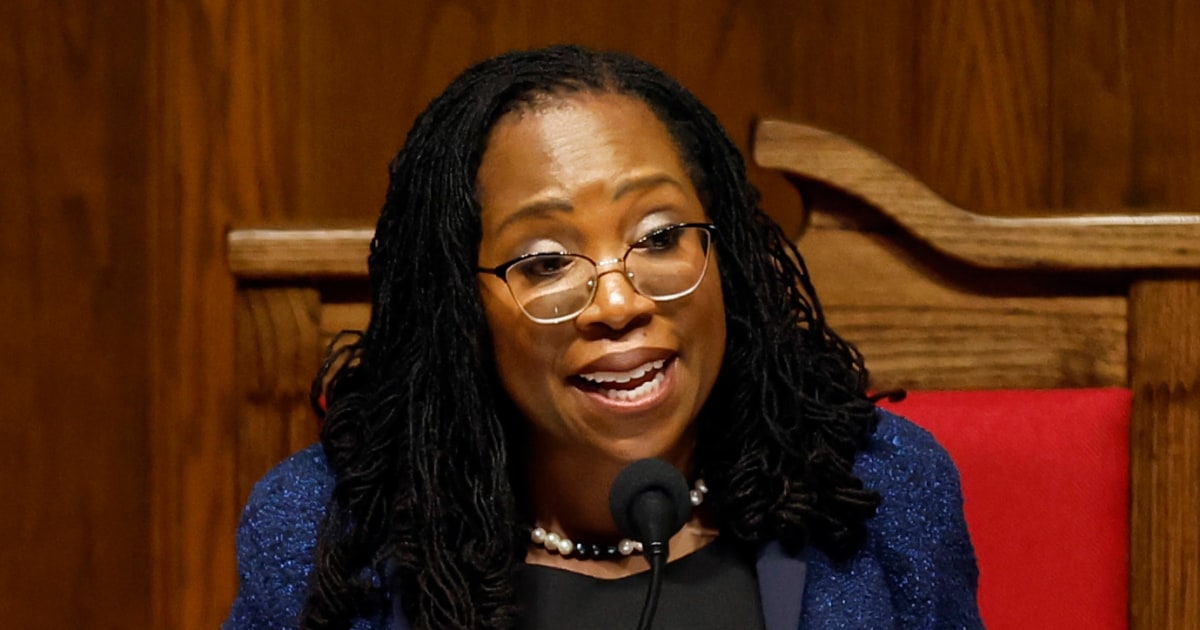Justice Ketanji Brown Jackson’s openness to an enforceable code of conduct for Supreme Court justices is both obviously good and oddly remarkable. It’s good because a code isn’t worth anything if it can’t be enforced. And it’s remarkable because, despite that plain fact, it’s apparently a matter of debate within the high court.
Jackson’s code-related comments, during interviews while promoting her new memoir, followed similar remarks this summer from Justice Elena Kagan, a fellow Democratic appointee who made headlines of her own when she acknowledged the shortcomings of an unenforceable code.
Jackson told NPR:
I think the question is whether there’s something about the Supreme Court that would make it different than the binding ethics rules that exist in the lower courts. At least up to this point, I haven’t seen any good reason why there shouldn’t be binding rules. But so far, we’re not there.
When the court issued the code in November, after fielding criticism in the face of ethics scandals featuring Republican appointees Clarence Thomas and Samuel Alito, the lack of an enforcement mechanism was glaring.
But it’s not like the court issued public votes about who among the justices would favor an enforceable code and who wouldn’t. What we know is that the code on which the justices agreed is presently unenforceable; hence the attention on the justices’ rare public comments on the matter.
A binding ethics code is one of the Supreme Court reforms for which President Joe Biden and Vice President Kamala Harris have announced their support.
To be sure, if it were to be achieved, it wouldn’t necessarily have as great an effect as would a serious structural change like term limits, another Biden-backed measure. And there are different ways to go about how such a code would be enforced. But that’s the conversation to have, rather than avoiding the subject entirely. Jackson’s comments are the most recent evidence that at least some Supreme Court justices agree that it’s a conversation worth having.
Subscribe to the Deadline: Legal Newsletter for updates and expert analysis on the top legal stories. The newsletter will return to its regular weekly schedule when the Supreme Court’s next term kicks off in October.


Leave a Reply